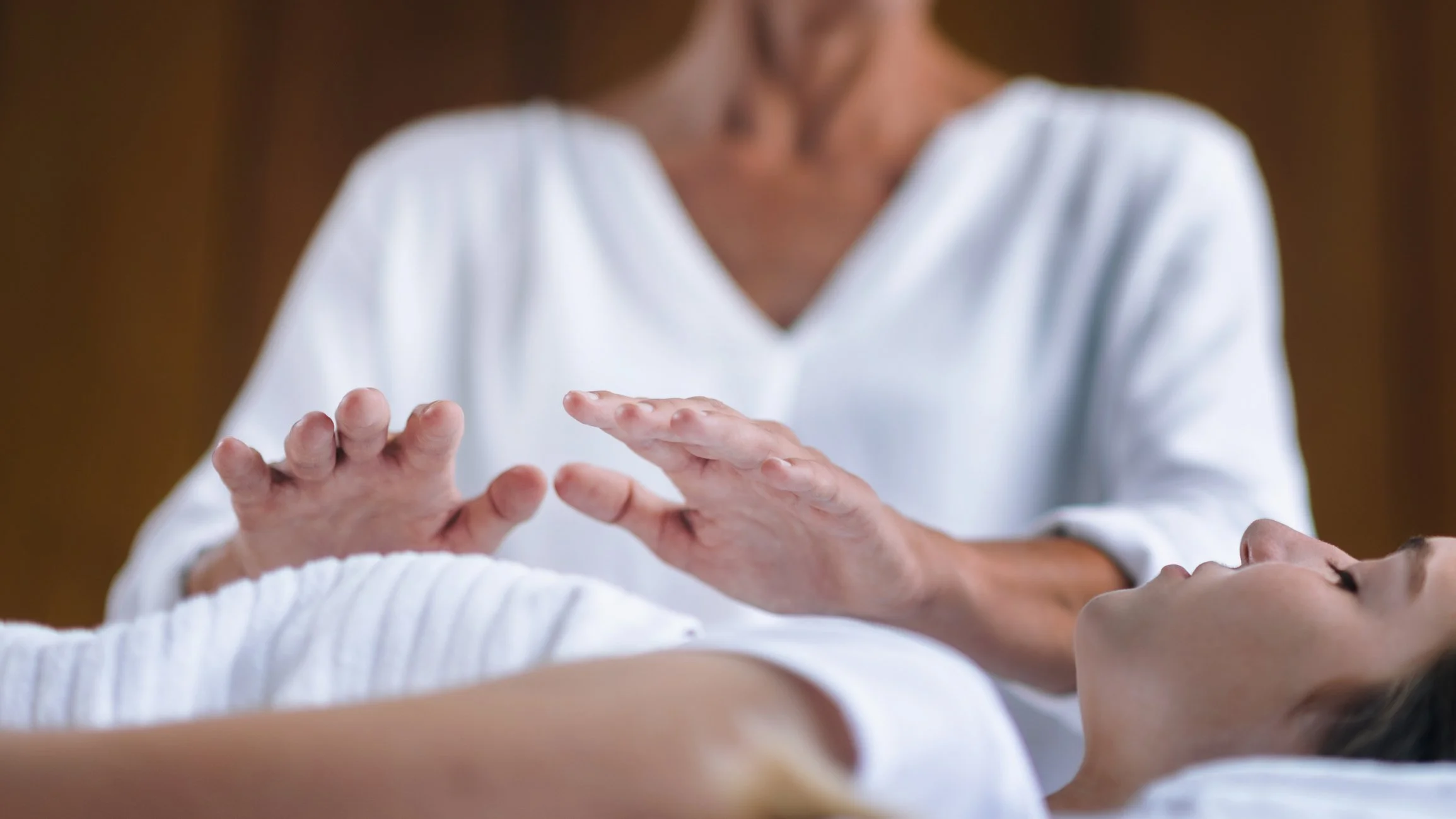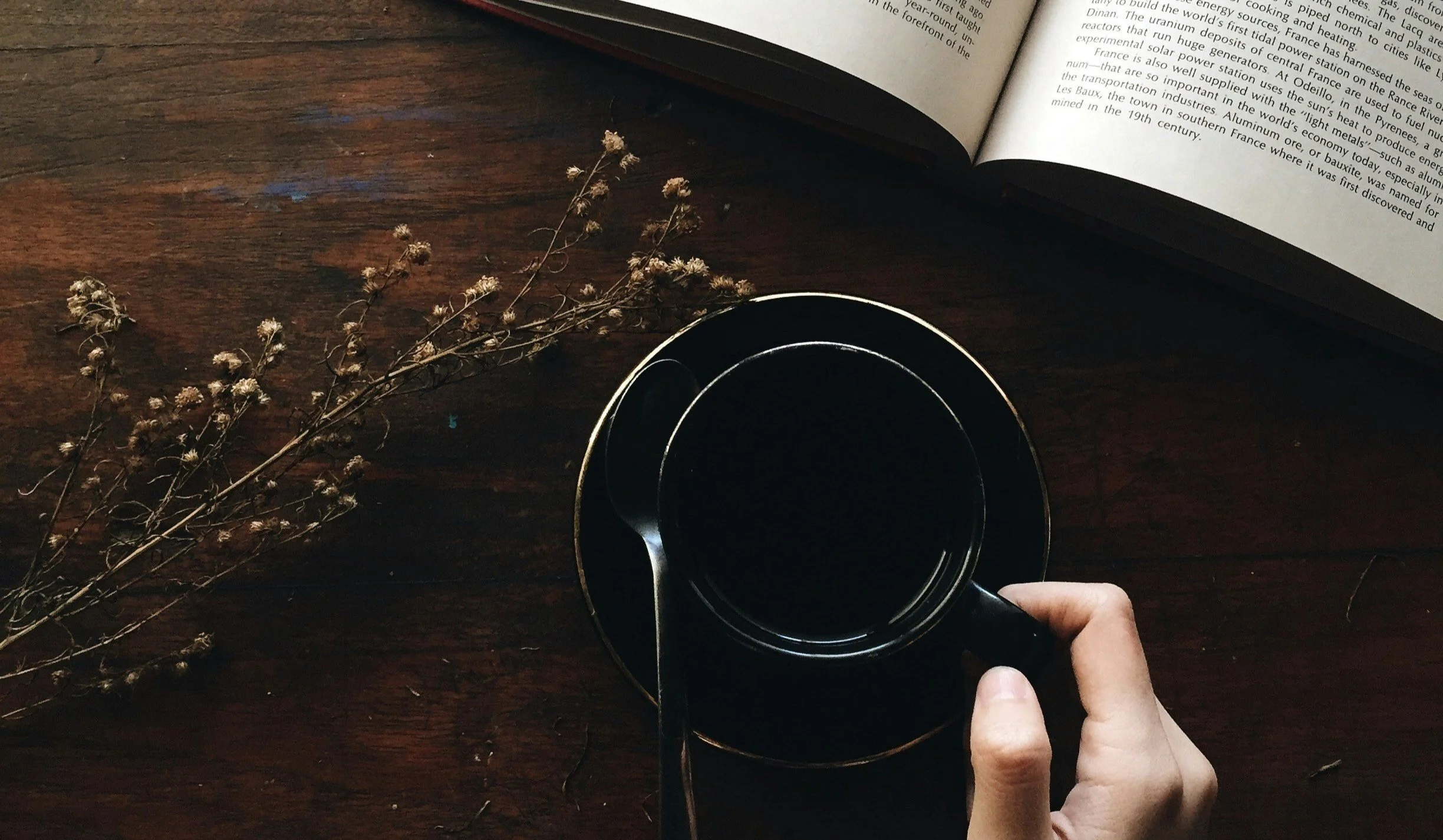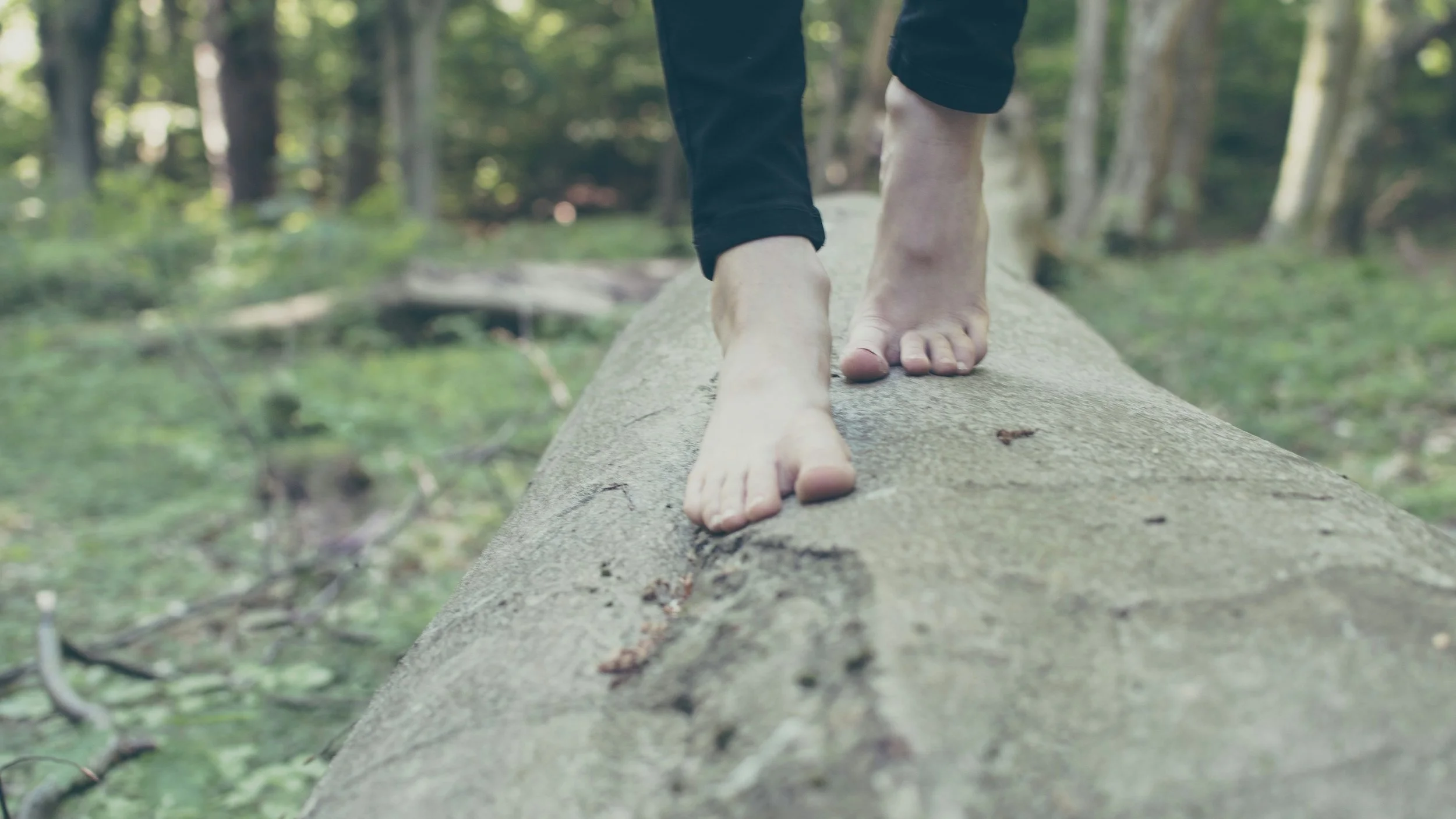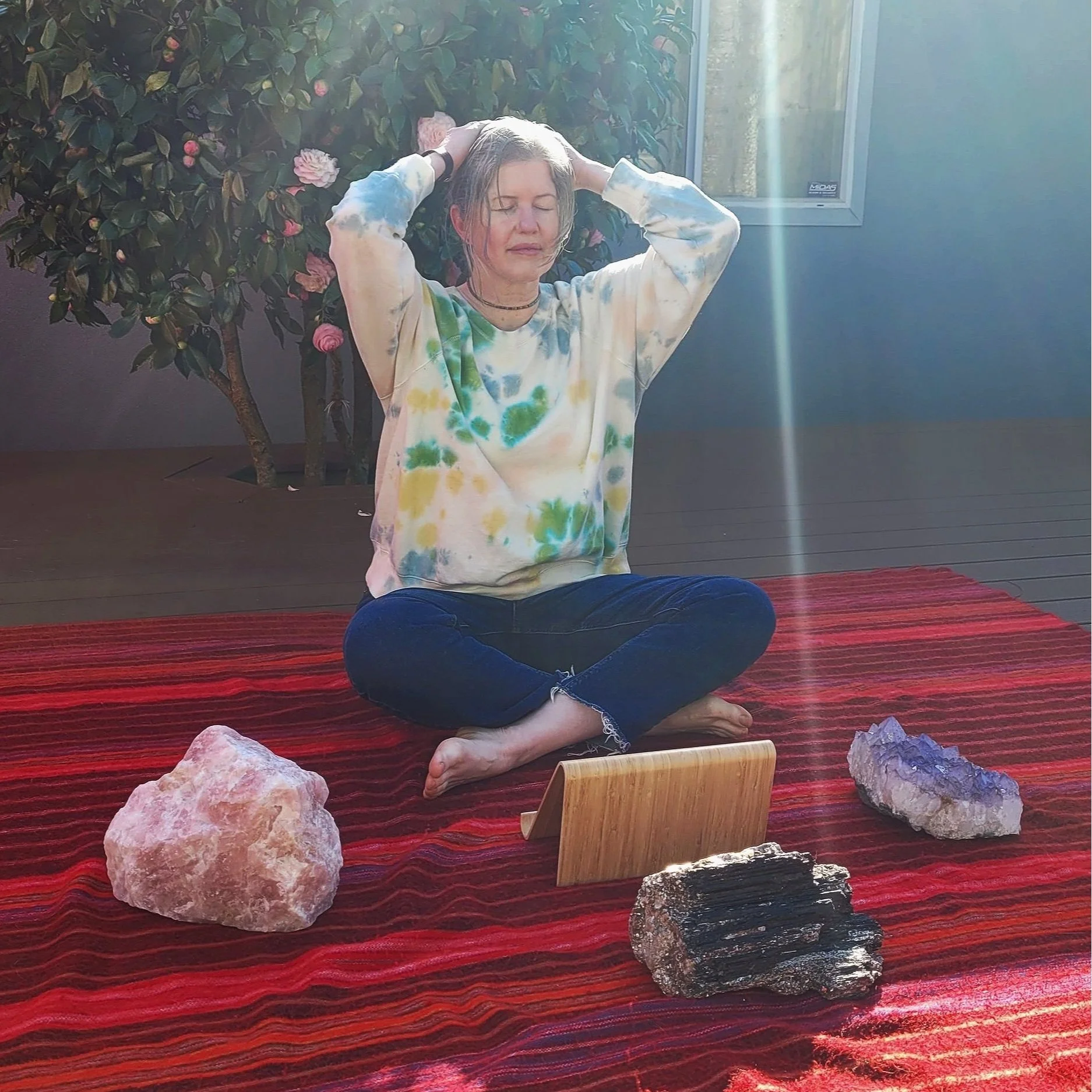Essential Reiki Aftercare: Your Guide to Post-Session Healing
Taking your first step into the world of Reiki healing is an empowering decision for your well-being—good on you for exploring a new form of self-care!
As a holistic healing practice, Reiki works to balance your body's energy, reducing stress and supporting your natural healing processes.
However, what happens after your session is just as important as the treatment itself. This comprehensive guide will walk you through essential Reiki aftercare practices to maximize your healing experience.
Understanding Reiki and the Importance of Aftercare
Reiki, a gentle yet powerful energy healing technique, addresses the whole person – physical, emotional, mental, and spiritual. During a session, this universal life force energy helps release blocked energy and initiates a natural detoxification process.
Signs of Detoxification After Reiki
It's common to experience temporary side effects after a Reiki session, as your body begins to release built-up toxins and energetic blockages.
These are signs that the natural cleansing process is underway:
Runny nose
Sneezing
Soreness
Headaches
Joint or muscular pain
Tingling sensations
Fatigue
Acne
Rashes
Extra mucus
Fever
Nausea
Constipation and/or diarrhea
Increased blood pressure
These detoxification symptoms are generally mild and should subside within a day or two as your body integrates the Reiki healing. People who are suffering from chronic illnesses may suffer more extreme reactions. So if you feel under the weather after Reiki, it is a sign that healing is under way. If you are having a prolonged reaction after your Reiki treatment — longer than 3 days, it is important to let your practitioner know.
Proper aftercare isn't just helpful – it's essential for supporting your body's healing response and integrating the energetic shifts that occur during treatment.
If you have any questions or concerns, don’t hesitate to contact me.
Seven essential aftercare tips to nurture your mind, body, and spirit following your Reiki session:
1. Rest and Reflect: The Foundation of Post-Reiki Care
Creating a Restful State
After your Reiki session, your body needs time to process the energetic changes. Think of it like updating your computer's operating system – you need to give it time to integrate the new information.
Try to schedule your Reiki session on a day when you can take it easy afterward. Disconnect from technology, unplug your phone, and allow your nervous system to settle into a peaceful state.
The Power of Reflection
Keep a healing journal to document your Reiki journey. Observe any sensations, emotions, or insights that come up during and after your session.
This practice not only allows you to track your progress but also enhances your understanding of your healing journey.
Remember, healing often follows a spiral pattern, revisiting areas that need attention while moving toward greater wholeness.
2. Stay Hydrated & Nourished: Supporting Your Body's Natural Processes
Why Hydration Matters
Water plays a crucial role in your post-Reiki experience. As Reiki elevates your body's energetic frequency, it initiates a natural detoxification process. Water helps flush out these released toxins safely and effectively.
Hydration Guidelines
For the first 48 hours after your session, try to double your regular water intake. Minimize or avoid alcohol and caffeinated beverages, as they can interfere with the detoxification process.
Your body will thank you for this extra support during its healing work.
Nourishing Foods for Recovery
Where possible, try to eat organic, healing foods that support your body's natural detoxification and healing processes.
Here are some nurturing options:
Leafy greens
Fresh vegetables
Organic fruits
Whole grains
Coconut oil
Pine nuts
Walnuts
Mushrooms
Avocados
Wild-caught fish & fish oil
High-quality vitamin C
These foods provide essential nutrients that support your body's healing response and help maintain the elevated energetic state achieved during your Reiki session.
3. Grounding Practices: Staying Centered in Your Body
The Importance of Grounding
After a Reiki session, you may feel a bit “floaty” or disconnected, as the energy work can shift your state of awareness and bring a sense of lightness.
Grounding practices help you stay present and centered while your energy field adjusts.
Simple Grounding Techniques
Walk barefoot on grass or earth
Practice mindful breathing while visualizing roots growing from your feet into the earth
Enjoy grounding foods like root vegetables
Spend time in nature
Practice a short earth-connection meditation
4. Understanding Emotional Responses
The Natural Flow of Emotions
Don't be surprised if you experience various emotions in the days following your Reiki session. As energy shifts, deeply held feelings may surface – from joy and peace to temporary sadness or frustration.
This emotional release is a natural part of the healing process, making space for new patterns and greater well-being.
Practicing Self-Compassion
Approach any emotional releases with gentleness and patience. These feelings aren't new – they're simply coming to the surface to be acknowledged and released.
Consider them as old energy patterns making way for more balanced, harmonious ones.
5. Nurturing Self-Care Activities
Gentle Ways to Support Your Healing
Choose activities that nurture your well-being:
Take a warm bath with Epsom salts
Practice gentle stretching or yoga
Read uplifting books
Spend time in quiet reflection
Enjoy calm walks in nature
Listen to soothing music
Honoring Your Energy
Pay attention to what your body needs. You might feel energized or need extra rest – both are normal responses.
Avoid over-scheduling and give yourself permission to decline energy-draining activities for a few days after your session.
6. Maintaining the Reiki Connection
Benefits of Regular Practice
While a single Reiki session can provide significant benefits, regular sessions can help maintain and deepen your healing progress. Think of it as regular maintenance for your energy system, helping to prevent the build-up of stress and blocked energy.
Daily Energy Practice
If you're attuned to or have been placed with Reiki, practice self-Reiki daily. If not, incorporate mindful breathing exercises or meditation to maintain your connection to healing energy.
Even five minutes of conscious breathing can help maintain the balanced state initiated by your Reiki session.
7. Following Up on Your Healing Journey
Understanding the Process
Healing through Reiki is often a journey rather than a destination. Some people experience immediate relief, while others notice subtle changes over time.
Both experiences are valid and valuable. Pay attention to any shifts in your physical, emotional, or mental well-being.
When to Connect with Your Practitioner
Don't hesitate to reach out to your Reiki practitioner if you:
Experience intense emotional releases for more than 3 days
Have questions about your healing process
Feel ready to schedule a follow-up session
Want to discuss your experiences or insights
Embracing Your Healing Journey
Remember that your Reiki aftercare is an act of self-love and commitment to your well-being.
By following these guidelines, you're actively participating in your healing journey and maximizing the benefits of your Reiki session.
Trust in the process, be patient with yourself, and celebrate the positive changes as they unfold.
Your healing journey is unique, and I’m here to support you along the way.
Feel free to share your experiences or reach out with questions – your insights might help others on their healing path too.
Ready to deepen your Reiki experience?
Connect with me to discuss how regular sessions can support your ongoing well-being and personal growth.
Love & Blessings on your healing journey
-Liz xxx









